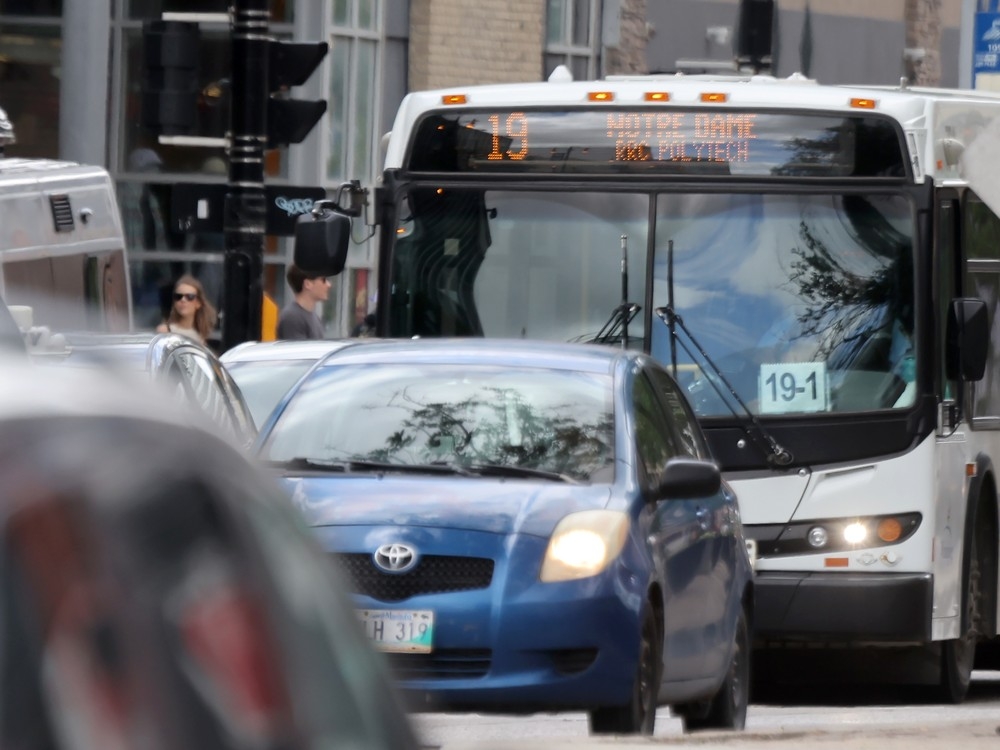
A fresh round of trade disputes between Canada and the United States has surfaced due to the suggested 25% tariff on Canadian car exports, causing significant worry among Winnipeg’s automobile industry. Regional car dealerships are carefully watching these developments as doubts increase about pricing, logistics, and consumer interest.
For many years, the North American automobile sector has relied heavily on a closely linked supply network where components frequently traverse the Canada-US border several times prior to being assembled into finished products. This intricate system might lead to higher price tags at Winnipeg car lots for both brand-new and pre-owned cars, as well as elevated expenses for critical spare parts and maintenance services.
Given the intricate nature of the supply chain, imposing duties at every border crossing can quickly drive up costs. Considering the slim profit margins within the automotive industry, both car dealerships and producers may find it challenging to cover these additional expenditures. As a result, these extra charges are anticipated to be transferred to customers.
The pre-owned vehicle market in Winnipeg might experience significant upheaval as well. Each year, Canada sends approximately 300,000 used cars across the border into the United States. Should tariffs lead to a reduction in these export numbers, this could result in an overflow of such vehicles within the domestic market, causing prices to drop. Although lower prices would appear beneficial for consumers at first glance, they pose challenges for dealerships struggling with narrow profit margins.
As a result, numerous Winnipeg car dealerships are adapting. Some are increasing their focus on pre-owned vehicle sales and growing their service departments to establish steadier income flows. Meanwhile, others are evaluating their supply chains to find alternate part suppliers unaffected by tariffs.
The Bank of Canada’s forecasts suggest that implementing auto tariffs could result in increased costs for consumers nationwide and potentially impede overall economic progress. In Winnipeg, residents might face higher expenses for diminished options, with reduced affordability coinciding with decreased car availability.
As policy discussions continue on both sides of the border, car dealerships in Winnipeg—and throughout Canada—must adapt to an evolving environment where trade policies and consumer trust will influence the direction of the automotive sector.
David P. Stein is a journalist with the Winnipeg Sun.
Do you have insights about current events in Winnipeg, Manitoba, Canada, or globally? We invite you to share your views by sending a letter to the editor. wpgsun.letters@kleinmedia.ca .
